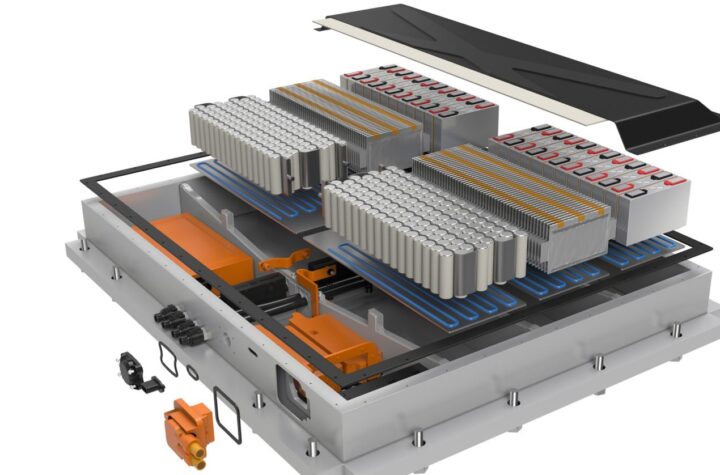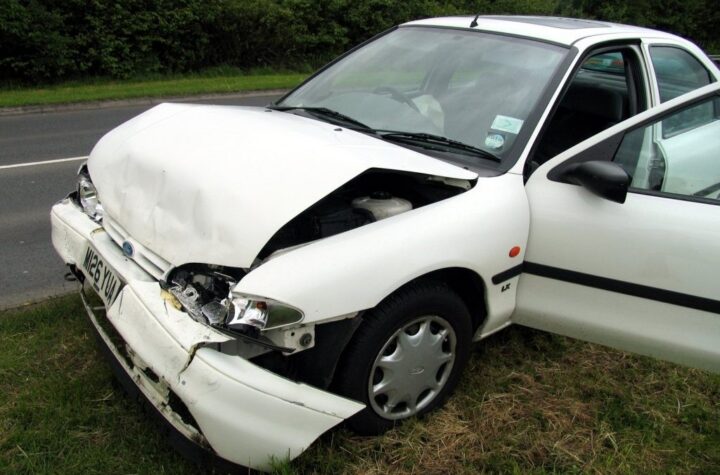

Dürr Ecoclean is a worldwide leader in industrial cleaning, filtration, automation, assembly and testing systems. From its roots in Germany, it has grown into an international presence operating and maintaining sites all over the world.
The company offers customers standard cleaning and deburring technology and tailor-made systems to the automotive industry and its suppliers, as well as to the diversified industrial market. Dürr Ecoclean’s products include liquid filtration systems for reliable, eco-friendly and efficient processing and reconditioning of cooling lubricants and industrial liquids. The automation division specializes in innovative systems for the flexible handling of work pieces and solutions for smooth material flow and the interlinking of manufacturing lines to ensure an optimized production process.
Dürr Ecoclean’s SnapPlanner software tool supports the planning of complex production lines by allowing them to be visualized in a 3D model. This helps detect any potential snags at the planning stage which helps keep costs down as well as helping engineers work out the best production methodologies. One of the first customers to collaborate with Dürr Ecoclean on the development of integrated systems using SnapPlanner was Cummins, Inc. Based in Indiana, USA. Cummins is the world’s largest independent manufacturer of diesel engines and maintains an extensive global network of engine-making plants and service facilities. Subsequently, Cummins’ joint venture, ZAO Cummins Kama (ZCK), chose Dürr for its plant in Russia.
Automotive Industries spoke to William Bell, CEO of Dürr Ecoclean, Inc.
AI: Tell us about Dürr Ecoclean’s focus on providing the best and most flexible solutions to automotive OEMs.
William Bell: Flexibility is a word that many suppliers market their products with. Using common terms like “flexibility” to describe a company’s offerings can potentially lead to confusion within the marketplace.
The challenge for a company like ours becomes one of differentiation in an arena where many claim to offer flexibility. At Dürr Ecoclean we challenged ourselves and our own customers to agree to a definition of flexibility that has relevance and can be measured. Through information-driven consultations and integration of the SnapPlanner® tool, we are able to demonstrate to customers tangible, long-term cost benefits when selecting one piece of equipment over another. Similarly we can evaluate different manufacturing philosophies and examine how these dissimilar approaches can influence a plant’s competitiveness.
We also pioneered the concept of the R Factor® out of our commitment to develop standard equipment that is reusable, reconfigurable, retool-able, and re-deployable. The R Factor concept drives our organization to design and build equipment that enhances the long-term competitiveness of our customers, and thereby gives us a competitive advantage. Everyone understands: if the equipment has a low R Factor this means it costs very little to retool.
AI: Why is flexibility so important in this business? Apart from Cummins, which are your other projects where SnapPlanner has helped evolve a good system for a client?
William Bell: Flexibility is hugely important in the automotive systems market, today more so than ever. A look back over the past two years serves as a wake-up call to any that think the game has not changed dramatically. The fact is: no one can predict customer demand far into the future or expect a manufacturing line to maintain its peak maximum output consistently. Building lines dedicated to high volumes and which are costly to retool is too risky. A system’s facility for retool is therefore a decision factor which should influence the equipment purchased for the line. This is why the R Factor® is so important to consider.
With regard to SnapPlanner® studies, the process is as much about listening as it is about crunching numbers. A manufacturing system is complex. Many companies are forced make critical business decisions by interpreting data from disparate sources such as Engineering packages, ERP systems, Excel spreadsheets, and even people with competing internal interests. The complexity can become overwhelming as planners struggle to make a case for one purchase decision over another. Considering a company’s profitability and long-term viability—which should be the ultimate goal of any manufacturing solution—sometimes gets lost in the confusion. We all know from common experience that you get what you pay for.
With SnapPlanner, we aim to bring greater clarity to the planning process. For a typical SnapPlanner study, the goal is to identify the customer’s own Key Performance Indicators (KPIs), and then to examine how the customer’s choices influence those measurable criteria.
AI: Tell us a little about how your company’s experience with Cummins will help advance your business in new markets like China and Russia?
William Bell: Our relationship with Cummins was strengthened by our ability to support them with the programs in China and Russia. The Cummins programs can serve as models that demonstrate how Dürr Ecoclean supports corporations as they implement systems in emerging markets. Global support and accountability are keys for any company that aims to compete in the global market. Although we like to develop fully automated systems for our customers when the solution calls for it, Cummins’ needs in Russia called for manual assembly & test stations. Our system supply to Cummins in Jamestown, NY, however, called for automated assembly & test, in addition to the integrated cleaning, filtration, and automation. A global company needs to be able to scale the best solution to the environment or region being serviced. One size does not fit all when you consider the variances in labor rates, experience, and investment in disparate locations such as Western and Eastern Europe, North and South America, India, and China.
AI: How are the North American and European market different vis a vis emerging markets? And how does your company’s strategy differ in developing markets?
William Bell: North American and European automakers drive decisions in emerging markets through their corporate headquarters. From a strategic point-of-view, it is therefore important to maintain support for customers at every level from the corporate office on down.
In emerging markets, our strategy has been to focus on local support. This has meant not only growing local service technicians to support new installations in BRIC countries, but also allowing complex industrial equipment to be localized for best support within a specific region. It is important to our customers that a supplier be able to build, install, and support equipment locally within each region. In a globalized marketplace, being present and accountable in emerging markets is critical to ensure a smooth system installation.
Shipping costs alone can render one piece of equipment uncompetitive if pitted against equipment built locally. Also, it is not efficient for a new plant in China to wait for spare parts to ship from a distant region of the globe because a piece of equipment originally came from Europe or America.
Dürr Ecoclean’s standard equipment is therefore designed to permit localization, meaning it can be manufactured in any region of the globe. Recognizing the need for design standards and localization provides customers with technology that is cost competitive and permits convenient and timely acquisition of spare parts. The equipment also favors a modular, building block approach over dedicated designs. Modular designs permit greater reusability (R Factor) and improved economies of scale by reducing or eliminating the need for custom engineering or manufacturing.
AI: What are some of the critical issues in the industrial cleaning, automation, filtration, assembly and testing systems market as far as the automotive sector is concerned?
William Bell: The primary measure in business is profitability. As a supplier of industrial equipment, we recognize that long-term profitability is a must for our customers. Without long term profitability, our own customer base declines. One of the challenges in a cost-competitive market is to provide customers with choices that help them to balance short-term gain with long-term profitability. One way that we achieve this is to communicate the value of our product benefits in terms of dollars. It is really no different to the choices our own customers face with their end customers in the consumer market. Understanding how a product’s benefits impact future dollars spent can influence the buying decision and encourage decisions that result in greater longevity.
One avenue to maximize the benefit to customers while at the same time reducing their overall cost is our capacity to provide complete systems. Some of our high-end technologies cost more, for example, than lower-end equipment available on the market. By purchasing a complete system, however, such as one that includes cleaning, filtration, automation, and assembly & test equipment, the system-wide cost-sharing and pooled labor resources can in fact level the cost of high-quality equipment that would otherwise be more expensive when purchased alone. Dürr Ecoclean is the only global company able to offer all products in the engine manufacturing line, excluding the CNC metal cutting machines.
AI: How does your company meet these challenges?
William Bell: If we isolate the challenge of selling products which compete on the basis of cost, it is important to communicate with individuals who can make decisions beyond a product’s sticker price. There are few companies that can demonstrate real value in terms of downstream processes and operating cost impacts. This is an area where Dürr Ecoclean excels, and it is one reason we see a high percentage of returning customers. So many buzz words and terms find currency and are marketed so that it does become difficult to differentiate one’s own value in a tangible way. If I had to choose one word that embodies our ethos and strategy to combat these types of challenges, it is Trust.












More Stories
Sonatus – The industry is shifting gears to software
Cybord warns of dangers of the stability illusion
HERE building trust in ADAS systems